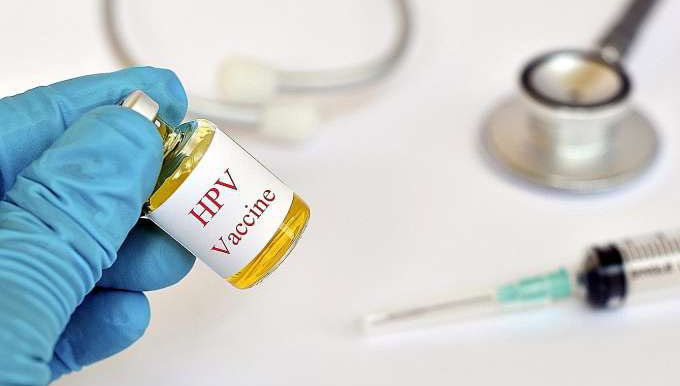What causes cervical cancer?
The cervix, or opening of the womb, is located deep in the vagina. Cancer of the cervix is caused by a common sexually transmitted infection called human papillomavirus (PAP-uh-LO-ma-vi-rus), or HPV. Most HPV infections do not cause symptoms and go away in a few years without treatment. But in some people, HPV infection can eventually lead to cancer.
There are more than 100 different types of HPV. Most are low-risk types that can cause genital warts, but not cervical cancer. High-risk types are much more likely to cause precancer or cancer.
The high risk HPV viruses are 16, 18 for cervical cancer, anogenital cancer, oropharyngeal cancer, and low grade cervical dysplasia. HPV virus 6 and 11 can cause genital warts, low grade cervical dysplasia, and genital warts.
How do I know if I have cervical cancer?
You should have a Pap test every three years once you turn 21. Your doctor will take cells from the cervix to be looked at under a microscope.
Your doctor will test for the HPV virus when you get the pap smear test done.
Can I be tested for HPV?
Most people who have HPV do not have symptoms. Women 30 years and older can have HPV and Pap tests done at the same time. There are no HPV tests for men.
What can I do to prevent cervical cancer?
The only sure way to avoid HPV infection is to not have sex. If you do have sex, limit your number of partners. There is no way to know if a new sex partner has an HPV infection. Using condoms every time you have sex can help reduce your risk, but it does not prevent all infections.
Tobacco use increases the risk of HPV infection, so if you smoke, you should quit.
My child’s pediatrician recommend the HPV vaccine. Can you give me more information about this vaccine?
Gardisil, the HPV vaccine, targets the nine types of HPV viruses, 6, 11, 16, 18, 31, 33, 45, 52, and 58. This vaccine does NOT protect against all the HPV viruses, rather it targets the ones that primarily cause cancer.
The vaccine can be give as a two step process starting at the age of 9 for boys and girls. You should have the vaccine about 6 months apart. If you wait until after age 15, then the vaccine schedule is a three step process. You get the first two doses one month apart and then the third dose 6 months later.
Who should get the vaccine?
Gardasil is approved for girls and women from 9 to 26 years old. Recently the guidelines also recommend elective vaccination from women and men 26-45 years old. Pregnant women should not be vaccinated.
Please ask your doctor to see if you are a candidate for the HPV vaccine.
When is the HPV vaccine contraindicated?
Anyone who has an allergy to yeast for NOT get vaccinated. Also, patients who had an adverse reaction to their first HPV vaccine should NOT get vaccinated.
Is the HPV vaccine required for school?
NO. Schools do not require the HPV vaccine yet.
Where can I get more information?
Your doctor 🙂 Please consult your primary care doctor.

